Developing Property? Make Sure You Know The Answers To These 7 Questions Before You Start!
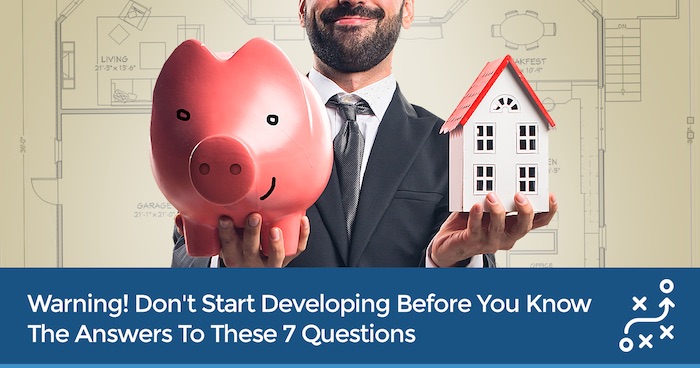
Property development can be the most effective way to maximise the value of your lot…
… but with great power, comes great responsibility.
If you know what you’re doing… it can make you rich very, very fast. But if you don’t… you’re setting yourself up for a steep financial fall.
That’s why I wrote the Property Development DIY Masterclass – the #1 resource on how to complete spec homes, townhouse and unit development projects…. which you can access inside the Ultimate Property Hub
And from this massive resource – which is a must have on the desk of any self-respecting property investor – I have picked out the seven most important questions you need to know about before you start down this path.
Here they are:
1. What Are The 3 Biggest Surprise Costs That Can Wipe Out Profits?

I'm pulling back the curtain, revealing my best kept Deal Finding Secrets!
- My Secret Search Strategies: Unlock hidden cracker deals no one else knows about
- Stop wasting hours on research: Simple setup automatically hunts down hot deals for you!
- How to use Australia’s top research tool anytime to turning boring research into an exciting treasure hunt
- Bonus: Free Research Tool Credits Included!
🎯 Don’t miss this!
There are so many facets of property development that can send you broke so it’s important to mitigate as much risk as possible.
Three key issues to be aware of are:
- Building cost variations –ensure you are crystal clear on what the builder is providing in the build contract so there are little or no cost variations during the project;
- Holding costs: most novice developers will spend their profit on holding costs by not moving through the project quick enough. The longer you are in the deal, the more risk you are exposed to. So it’s important to be realistic with time frames when allocating your holding cost expenses.
- Over estimating end sales prices: Nobody knows what the market will do tomorrow, let alone 12-24 months down the track when your development is completed. For this reason, it is critical to be conservative on your end sales value, that is, what the market is expected to pay for your completed product. Likewise, ensure you consider an extended sale period should the market prove to be challenging when it comes time to sell your properties.
2. What Are The Approximate Build Costs?
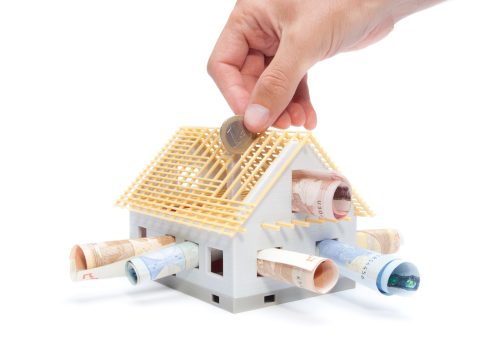
The biggest cost in developing property is more often than not the actual construction of the dwellings. With this in mind it’s extremely important to know how to calculate build costs quickly and accurately when assessing the feasibility of your potential development.
Contact construction companies and builders to get a good idea of what the dollar per square meter is for different products. You can do this by visiting display homes, construction sites in your local area or by asking other property investors about their
experience with build costs.
General Costs Per SQM
Generally the costs per square metre can range from $850 for a basic low set four bedroom, 200sqm home and continue upwards to $1500 per square metre for a two bed unit in an apartment building.
These prices will vary based on the parameters of your site (soil type, slope, access) as well as building style, type and materials used.
Additionally, the level of finishing used in the dwelling (taps, toilets, appliances etc) will impact the overall build cost.
3. How Do You Keep Your Project On Time?

The builder is such an important part of your team and the stress levels of your project can often be increased or reduced dependent on the quality for the builder you choose.
Obviously the best way to acquire any consultant or contractor, including the builder, is via referral but let’s assume you don’t have the networks or the contacts to do this and need to do the ground work yourself.
Display Homes Are Your Friends!
A great place to start is display homes.
Whether you are building a spec home or townhouses, inspecting display homes will be an efficient use of your time because you can speak with ten or so different companies in the one location and get an idea of what services and products they provide.
Some key questions to ask when investigating new builders are:
- What projects have the got going at the moment?
- What type of buildings do you specialise in?
- How many builds are you starting at the moment?
- What sort of specifications and price points do you supply?
- What level of completion do you provide?
In addition you should be looking for someone that has minimum ten years experience in the construction industry and has a clean record on the relevant building authority website. In Qld you can visit www.qbcc.qld.gov.au/
For other states just Google ‘building authority’ followed by your state.
4. How Do You Work Out The Numbers?
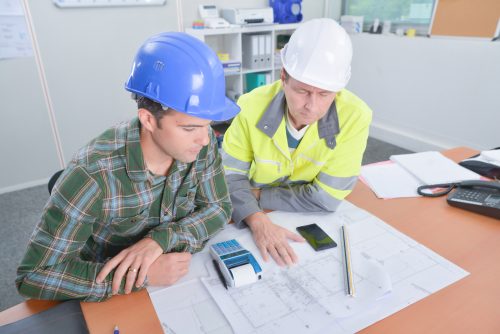
Each project is different and feasibilities vary from project to project, there is no rule of thumb here. It’s best to keep it simple to start with so that you can filter through potential projects quickly. Once the deal becomes more viable, a more extensive feasibility spreadsheet would need to be incorporated.
Time Is Everything
When looking for your development project, it’s important to spend plenty of time assessing the area and running the numbers on many sites before you finally acquire one.
To do this you need a method to quickly assess each site in a way that provides clarity on whether to move ahead with the site acquisition.
Included in the Property Development DIY Masterclass via the Ultimate Property Hub is a detailed feasibility spreadsheet for you to use and customise. Along with detailed feasibility templates, I also provide fast ‘back of the envelope’ formulas to help filter each property’s property potential.
5. How Do You Find Good Development Sites?
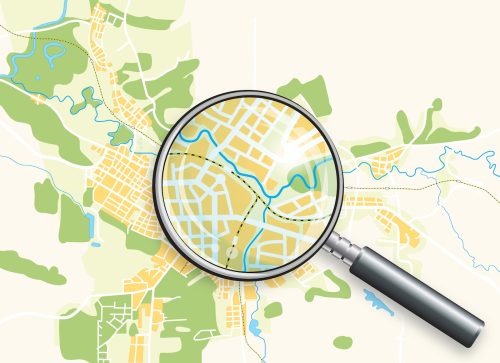
First and foremost, educate yourself on the council parameters that will allow development on a particular property site. Endeavor to understand the zoning, council town plan, minimum lot size, setbacks, frontage, GFA % (Gross Floor Area).Engage a good town planner to assist you with this.
It is critical to become an ‘area expert’ when assessing potential sites for development. Two to three months assessing an area that encompasses three suburbs is an expected timeframe to become familiar with an area to invest in.
Practice makes perfect and you can expect to look at 100 different properties to find 1 that stacks up.
What To Look For
Take particular note of current property developments in your area and ascertain some of the key parameters of each site (as mentioned above) and why a particular type of dwelling is being constructed on that site.
To make this sizeable task manageable you need to incorporate a filtering system. This could mean simply ‘back of the envelope’ feasibility (explained in detail in the Property Development DIY Masterclass inside the Ultimate Property Hub) or utilising professional paid online research tools such as PriceFinder.
In addition, find out what types of development applications are being approved by the local council to ascertain what the council is trying to achieve with development and density on that area.
Finally, speak with multiple agents about what is selling in the area to ensure you are providing something that the market want.
6. How Does GST Work When Selling The Finished Properties?
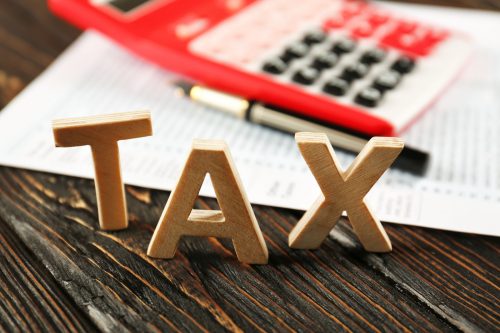
It is imperative that you get specific advice from your accountant regarding GST and income tax issues. In my experience and in my understanding you may be required to pay GST when and if it comes time to sell your newly constructed dwellings.
To demonstrate how you can minimise this cost, I have prepared an example:
Let’s say the property has been split up into two lots, the existing house was demolished and two new dwellings were constructed on the site. In some cases the sale of the new dwellings could incur GST meaning that if they were both sold for a combined price of $1,000,000 you could be paying around $90,909 in GST(1/11th of $1M). To help minimise this cost, your accountant should be able to refer you to the GST Margin Scheme.
The GST Margin Scheme
The GST Margin Scheme is a concessional tax treatment of the GST which you would otherwise have had to have paid on the sale. It can be applied where a purchaser has not had the benefit of an input tax credit when they purchased the property.
So if the above example was originally purchased for $500,000 and then sold for a combined sales price of $1,000,000 you would pay the GST on the difference of $500,000 potentially making your GST approximately $50,000 which is a saving of over $40,000.
To take advantage of this cost saving you need to announce the fact that you would be using the GST Margin Scheme at the time you purchase the property as well as at the time you are making the sale of the developed property. The ideal way to do this is to include a special GST Margins Scheme clause on the contract of sale.
Make Sure You Include This Clause In Your Contract
Have your solicitor write up the clause and engage your accountant to check it so that everyone is clear and aware of what is happening and there are no surprises when it comes time to on sell your property.
Again I stress that it is imperative that you get specific advice from the relevant professional when implementing any of these special clauses.
If you don’t have an accountant that specialises in property investing and development please take a look in my Property Investor Rolodex were I provide you with a world class network of people you safely rely on.
7. What Is Our #1 Bit Of Advice For A New Developer?

Without a doubt and in my honest opinion, if you are planning to make property development a long term option for wealth creation, you need to think big, start small.
Property development often lures the novice investor because of its potential bragging rights at a mate’s bbq. Don’t be fooled by the ‘sexiness’ of property development; there are so many facets that can send you broke so it’s critical to crawl before you can walk.
Starting small allows you to acquire the fundamentals:
- Learn how to obtain council approvals efficiently
- Understand the many funding components
- Ascertain the correct construction materials
- Perfect the art of dealing with real estate agents and selling property
- Become aware of market timing (its not always a good time to develop)
- Dealing with builders
- Working with valuers
- Working with private financiers, banks and other financial institutions
Thinking big satisfies your ultimate goals and dreams whereas starting small ensures you take a realistic approach that is relative to your experience and skill set.
There is one exception to this rule and that is having an accomplished mentor by your side to walk you through the process.
Take Your Knowledge One Step Further
As I mentioned, these questions (and their answers) have been plucked out from my DIY Property Development Masterclass inside the Ultimate Property Hub membership site.
If you want to learn how to plan, develop, and sell spec homes, townhouse and unit developments – this is the missing guide you’ve been looking for.
It is written so no matter what your experience is, you can open the Masterclass
and start implementing strategies immediately. Including a step-by-step comprehensive 154 page workbook that will show you:
- Where to find quality people for your team
- How to mitigate risk and increase your success
- The secret to finding and securing a PROFITABLE development site
- The complete development process from buying, designing, DA, BA, Operational works construction, certification and selling (plus a few other tricks not one in a hundreds developers knows about!)
- A thorough feasibility template you can use to start crunching numbers with confidence
- A 24 point Due Diligence process and 9 page checklist to make sure you don’t fall for the lemons!
- Plus… audio interviews… video footage… checklists… templates… and a stack more of resources you can put to use TODAY!
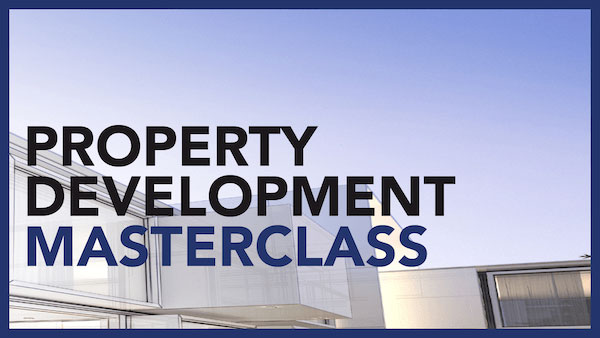
And there’s a money-back guarantee… so you can try my DIY Property Development Masterclass and the Ultimate Property Hub for free – and if it’s not everything you expect it to be – just let me know and I’ll refund every cent!
Give it a look, and I’ll see you on next week’s post!
Matt
Looking for proven ways to create profits in the current market?
You'll find over 200 step-by-step case project studies, our renown Master Classes and Property Crash Courses… and heaps more!
Try the Ultimate Property Hub now –– it's free!

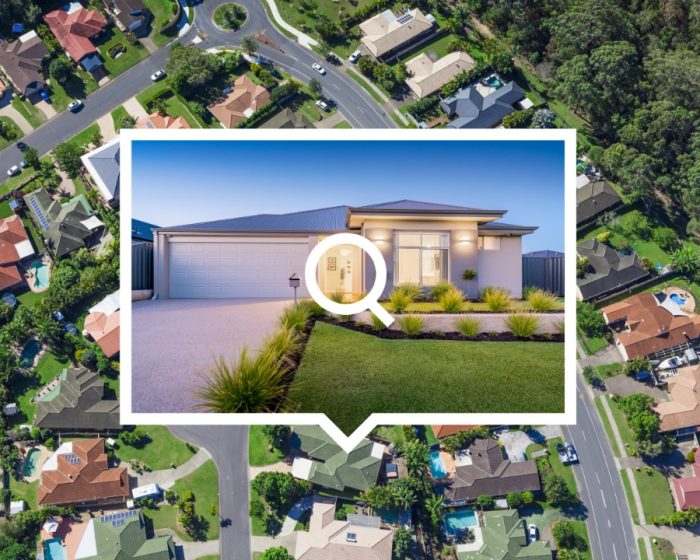
0 thoughts on "Developing Property? Make Sure You Know The Answers To These 7 Questions Before You Start!"